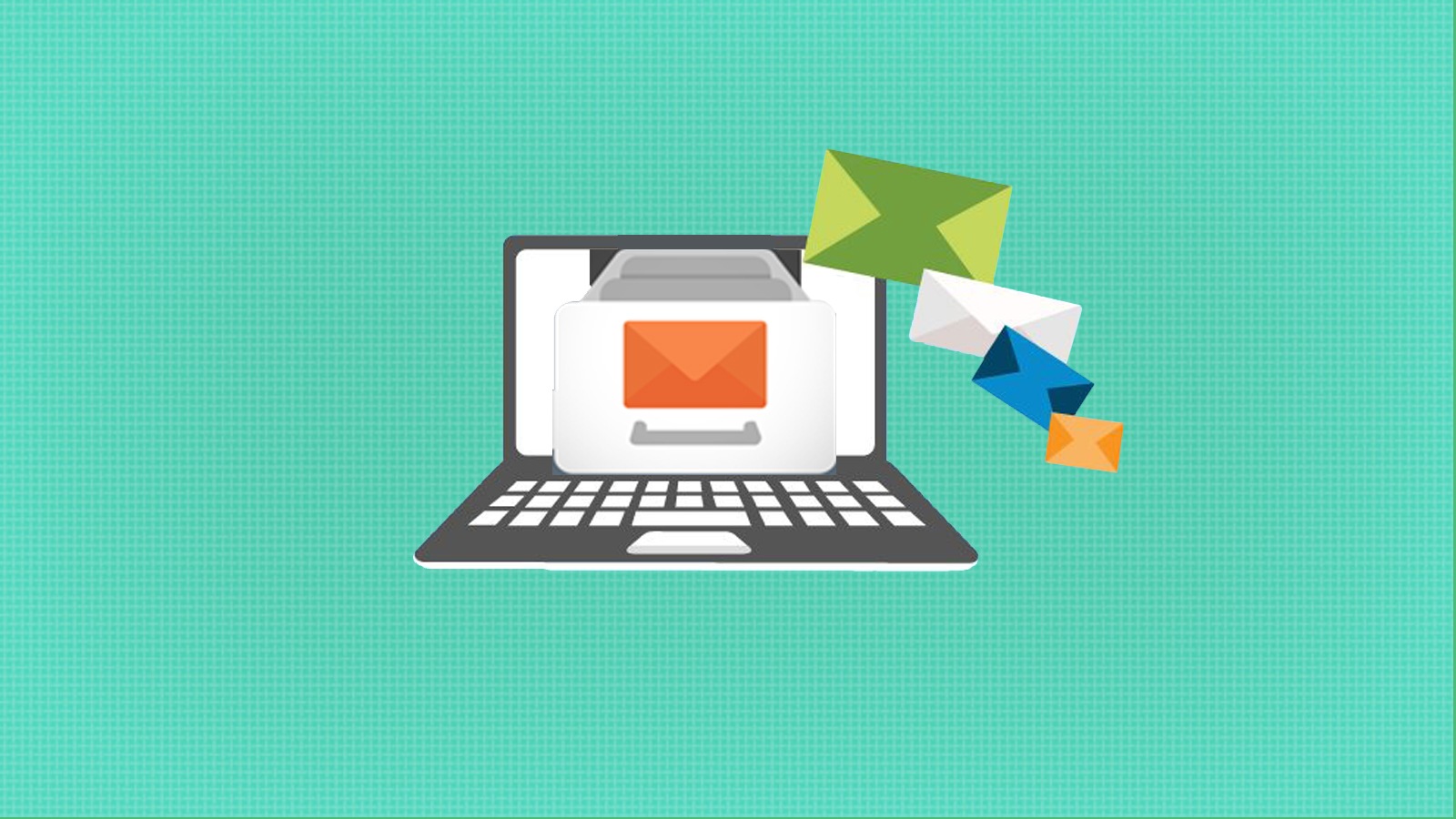
Why Is Office 365 Email Archiving Important for Your Business?
If your company’s email infrastructure has deployed some version of Microsoft Exchange Server or you have subscribed to a Microsoft Office 365 plan, chances are that you might have already heard about the Microsoft Exchange Online Archiving service. But have you ever wondered what is it? Why is it needed? Does your business need it? To answer those questions of yours, in this article we discuss what Microsoft Exchange Online Archiving is in addition to explaining why email archiving is essential for your business and how archiving your email data differs from backing it up.
What Is Microsoft Exchange Online Archiving?
Microsoft Exchange Online Archiving is Microsoft’s cloud-based archiving solution for companies who are running its server workloads (Microsoft Exchange Server 2010 through 2019) on their on-premises servers and/or have subscribed to some plan of Microsoft Office 365. Microsoft Exchange Online Archiving is available for both Exchange Online Server and Exchange Online (the latter is also known as Office 365 Archiving since Exchange Online is a part of Office 365). Email archiving services such as Office 365 archiving solutions simply move historical email data from the primary inbox of the user to a secondary one which is known as the archive mailbox. The archive mailbox starts with 50 GB of storage space and then automatically expands to greater capacities as you move more data to it. Depending on the Exchange Online plan you have subscribed to, you may receive up to 1.5 TB of storage space.
Why Is Email Archiving Important?
Companies and businesses must archive their email data simply because legal authorities require them to. No matter whether you own a small or medium-sized enterprise or a multi-billion-dollar corporation, email archiving is not a choice but a duty. Here are some other reasons which make email archiving important:
1. Supporting legal investigations
If your business needs an audit performed or it is required to cooperate with the authorities for a legal investigation or a litigation matter, an email archive could potentially be the source of invaluable evidence that may turn a case in your favor.
2. Optimizing data storage
Most businesses today tend to accumulate vast amounts of data quickly. Your Exchange Online server (for instance) can only handle so much data before it reaches its maximum capacity. Email archiving allows you to take off the additional load from your server and optimize its performance. Additionally, because archival storage is relatively cheaper, you also save money.
3. Ensuring business continuity
Although this scenario is highly unlikely, if some rare (but not impossible) event cuts off your company’s accessibility to your email servers, a well-maintained email archive is the only way you can retrieve all the historical information. You CANNOT rely on backups because when newer backups are created, the older ones are deleted meaning that previous information is eventually erased.
How Does Archiving Differ from Backup?
Though the terms ‘backup’ and ‘archive’ are used interchangeably by laymen, in the context of email management they are quite different. Since both processes serve very different purposes, it pays for you as an IT professional to know the differences in the archive vs backup matchup. Here, we have identified five major differences that distinguish an email archive from its backup.
1. Regulatory Requirement
When a business backs up their email data, they do so primarily with the intent of recovering it in case the original information is lost or destroyed. However, backups are NOT created with compliance and regulatory requirements in mind. Exchange Online archiving (for example), on the other hand, is performed primarily to both create a reference source of information as well as to respect any regulatory requirements.
2. Objective of Creation
Backups are created with the intent of recovery in the event of data loss. An Exchange Online backup is not created to delete the original records but serves as a standby in case the original copies are destroyed. However, when the Exchange Online archiving takes place for mailboxes, it is to move the historical records of the information to some location that allows their quick retrieval in a cost-effective manner. This archived information is not touched unless some occasion of necessity arises (for example an e-discovery or litigation case).
3. Ease of Navigation
Backups are generally created in an unstructured manner. If you created a backup of your email data (for instance), chances are that you would have difficulty navigating to a specific email quickly. This is because your backup is quite likely to be in a disorganized form. Archiving, however, is performed specifically with the objective of quickly and effectively retrieving historical data from an enormous amount of data. Archives are much more likely to retain the original organization of the email data, but backups may or may not.
4. Duration of Storage
Backups are generally created and kept for only a short period of time until the information saved therein becomes obsolete. Once that happens, the existing information backup is replaced or overridden with a newer backup which may consist of completely different information. Archived information, however, is likely to be retained for the long-term (possibly indefinitely) with no changes or modifications made to it.
5. Age of Data
Usually, a backup is created only for that portion of the data which is currently in use since it isn’t sensible to backup older, obsolete data. However, archiving is a process that includes information that is no longer used by the company and may not be used ever again, but companies nevertheless archive such data for compliance and regulatory requirements.
Backup or Archive? What Should You Perform?
Now that we have highlighted and explained the differences between an email backup and an email archive, you might ask, “should I perform a backup of my email or do I archive it?” The answer to this is, of course, both. Backups handle your active, in-use information while archiving manages your historical, static information efficiently. Backups are for the short-term to quickly restore your information while archiving is for the long-term. Finally, backups are for your convenience while archiving is for legal and compliance requirements.
We hope this article helped clear your confusion between email backups and email archives. If you need help with O365 email archiving, contact our experts today!

Get FREE migration to
Office 365


